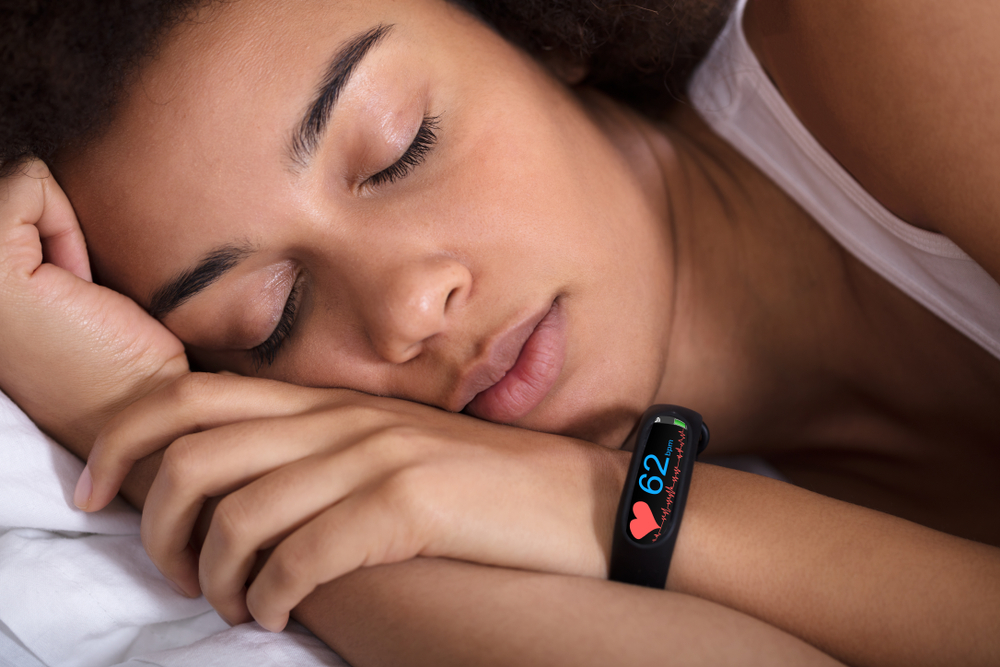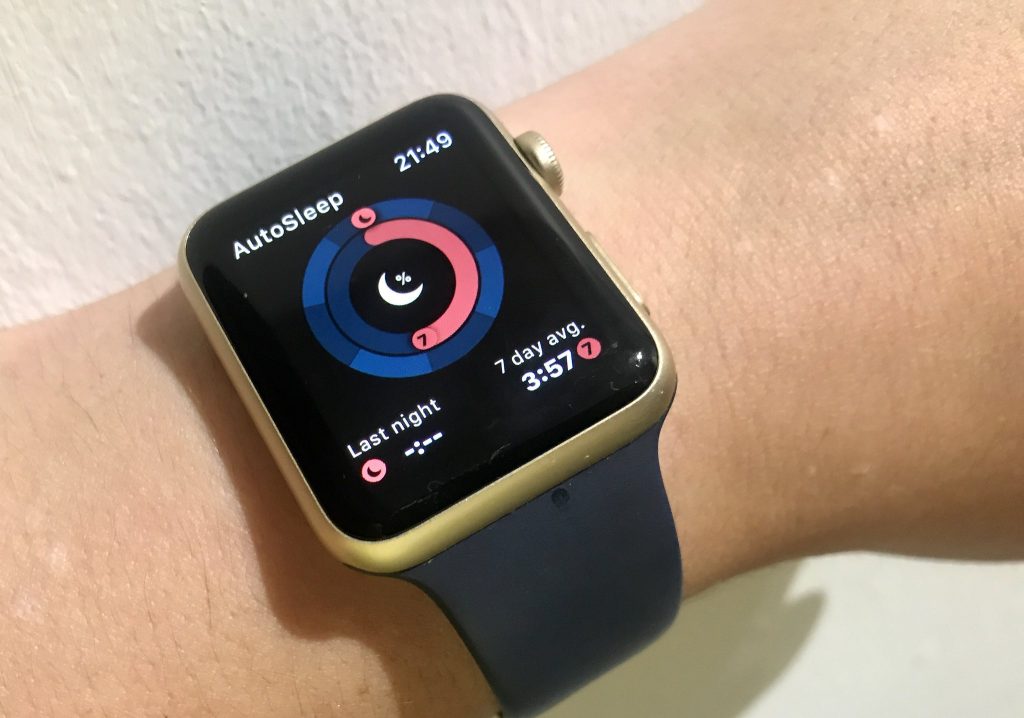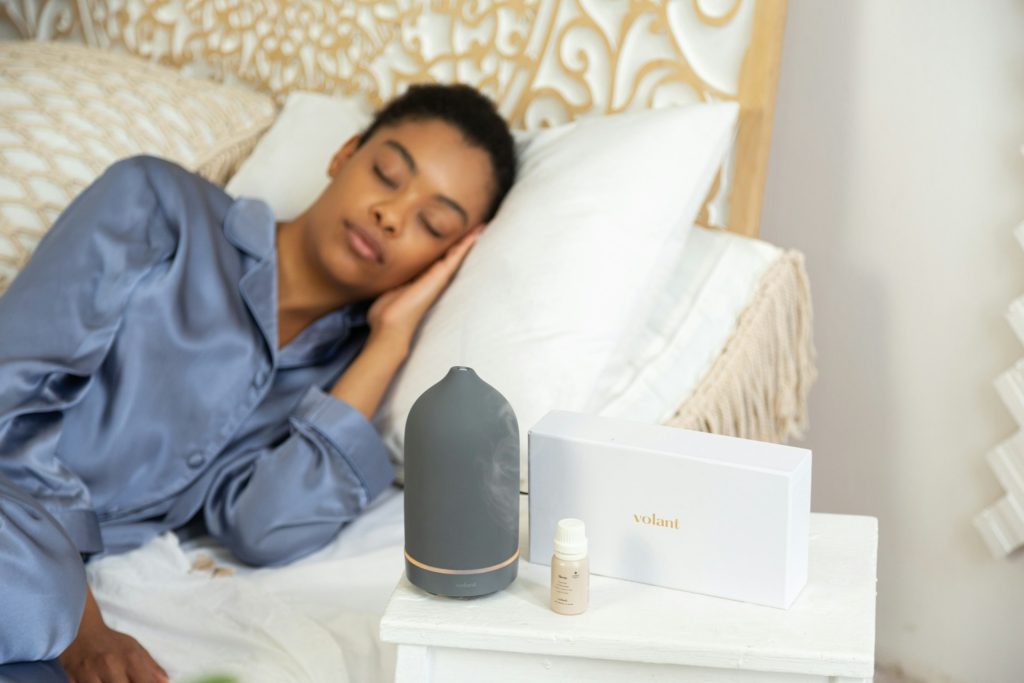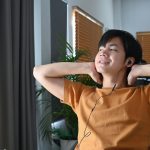Table of Contents
Your morning alarm sounds, and you feel completely drained—despite sleeping your usual eight hours. Sound familiar? Sleep tracking enthusiasts have discovered an important truth: sleep quantity means very little without quality. By tracking their sleep patterns, they’re finding ways to significantly improve their daily energy and performance.
The Sleep Revolution Hiding in Plain Sight
Sleep tracking isn’t just another fitness fad—it’s becoming a crucial tool for performance-focused individuals. While many people struggle through afternoon energy crashes, those who track their sleep are learning to optimize their rest patterns for better morning energy.
What High Performers Know About Sleep
The key difference is awareness of what happens during those crucial nighttime hours. Many entrepreneurs, athletes, and productivity specialists have shifted from merely tracking their physical activity to analyzing their sleep data. This shift comes from growing research linking quality sleep with improved cognitive function and physical recovery.
Real Results From Sleep Insights
Many sleep trackers have discovered that their “8 hours” often include periods of restless, low-quality sleep—which explains persistent morning fatigue. By identifying these issues through tracking, people can make targeted improvements to their sleep environment and habits, potentially leading to better daytime energy levels and reduced afternoon slumps.
What Sleep Metrics Matter?

Not all sleep data offers equal value. Sleep tracking enthusiasts typically focus on these key measurements:
Understanding Sleep Stages
Sleep Cycles: Your body moves through different sleep stages throughout the night—light sleep, deep sleep, and REM sleep. Each phase serves specific functions, from physical repair during deep sleep to memory processing during REM sleep. Research suggests adults typically need 1-2 hours of deep sleep and 1-2 hours of REM sleep for optimal functioning. Getting consistently less than these amounts may affect your daytime energy and performance.
Recovery and Timing Metrics
Heart Rate Variability (HRV): This measurement reflects your nervous system’s recovery state during sleep. Higher nighttime HRV generally indicates better physical recovery and stress resilience. Many who track their sleep work to increase their sleeping HRV through lifestyle adjustments.
Sleep Latency: The time it takes you to fall asleep offers important insights about your sleep health. Sleep specialists often suggest 10-20 minutes as an ideal range. Falling asleep instantly might indicate sleep deprivation, while taking longer could suggest your bedtime timing or evening routine needs adjustment.
Sleep Consistency: Your body’s internal clock responds well to routine. Maintaining consistent sleep and wake times within a 30-minute window each day can significantly improve sleep quality—sometimes more effectively than expensive sleep products.
How Sleep Tracking Changes Lives

Temperature Discoveries
Many professionals struggle with mental clarity despite getting sufficient hours of sleep. Sleep tracking can reveal that bedroom temperature affects sleep quality. Research shows that sleeping in slightly cooler environments (around 65-68°F) can promote deeper sleep for many people, potentially leading to improved mental performance during the day.
Training and Recovery Insights
Athletes often experience performance plateaus without understanding why. Sleep tracking frequently reveals reduced deep sleep following intense training sessions. By adjusting workout timing and implementing dedicated recovery practices based on their sleep data, many athletes report improved performance and training outcomes.
Uncovering Hidden Disruptors
Sleep difficulties are often blamed on stress or anxiety when other factors may be responsible. Sleep tracking helps identify surprising culprits like afternoon caffeine consumption. Research shows that caffeine can remain active in your system for 6+ hours, potentially reducing sleep quality even when consumed well before bedtime. Many people find significant sleep improvements simply by adjusting their caffeine timing.
The Tracking Tools Worth Considering
When it comes to sleep-tracking technology, several options have gained popularity:
Wearable Tracking Devices
Oura Ring: This ring-shaped tracker provides detailed sleep data in a comfortable form factor. It monitors sleep stages, heart rate, body temperature, and movement without the potential sleep disruption that some wrist-worn devices cause.
Whoop Band: Popular among fitness enthusiasts, this subscription-based wearable emphasizes recovery metrics and offers personalized sleep recommendations based on your activity levels and sleep patterns.
Specialized Sleep Technology
Muse S Headband: Designed for those with sleep onset difficulties, this device uses EEG technology to measure brain activity during sleep and provides guided meditations to help users fall asleep more easily.
Eight Sleep Pod: This advanced sleep system features a smart mattress cover that can adjust the temperature on each side of the bed throughout the night, potentially enhancing deep sleep through environmental optimization.
Beyond Data Collection
The most effective approach to sleep tracking involves not just gathering information but also implementing changes based on your findings. Research suggests that consistent, small adjustments to sleep habits often produce better results than complex interventions.
Five Evidence-Based Sleep Optimization Strategies

Environmental Adjustments
Temperature Regulation: Sleep research suggests that cooler sleeping environments (65-68°F) promote better sleep quality. Many sleep trackers find that combining a cool room with warm feet (sometimes using socks) helps them fall asleep faster and achieve deeper sleep.
Light Exposure Timing: Morning sunlight exposure helps regulate your circadian rhythm for better sleep. Studies show that getting 10-15 minutes of natural light within an hour of waking can improve sleep quality the following night by helping reset your internal body clock.
Nutrition and Supplement Considerations
Strategic Supplements: Certain supplements like magnesium, glycine, and theanine may support sleep quality when taken before bedtime. Sleep tracking can help identify which supplements work best for your sleep patterns and the optimal timing for taking them.
Meal Scheduling: Research shows that eating too close to bedtime can disrupt sleep quality. Many sleep trackers find that finishing their last meal at least 2-3 hours before bed leads to improved deep sleep measurements on their tracking devices.
Data-Driven Recovery
Personal Recovery Metrics: Advanced sleep trackers often combine their sleep data with other measurements to create personalized recovery assessments. These insights help them make informed decisions about exercise intensity, workload, and stress management techniques for optimal daily performance.
Sleep Data: Your Performance Edge
While many people operate at less than their full potential due to suboptimal sleep, you could gain a significant advantage by understanding and improving what happens during your sleeping hours. Those who master their sleep aren’t superhuman—they simply make informed decisions based on personal data.
Sleep expert Matthew Walker, author of Why We Sleep, emphasizes: “Sleep is the greatest legal performance-enhancing drug that most people are probably neglecting.” The growing body of sleep science supports this view—when you optimize your sleep, you enhance your cognitive abilities, physical recovery, and overall well-being.

Hi! I’m Dave, a longtime biohacker focused on natural ways to improve health and performance. My work revolves around analyzing the science behind cognitive enhancers, nutrition, and longevity strategies. I’m particularly interested in natural nicotine products and their effects on focus and energy. Everything I share is based on research and real-world application, ensuring practical, reliable insights. Please note, none of the information shared here is medical advice.




